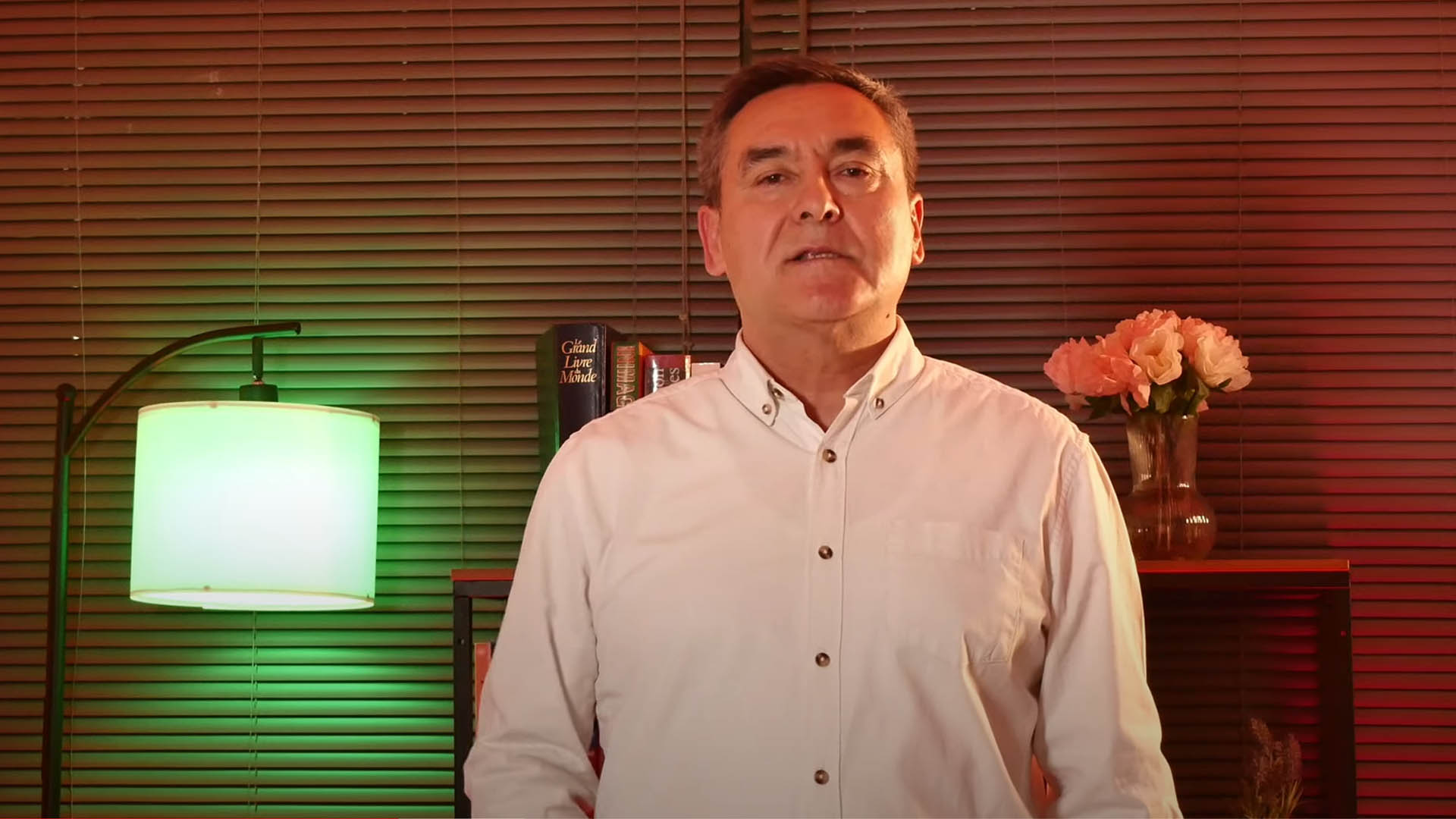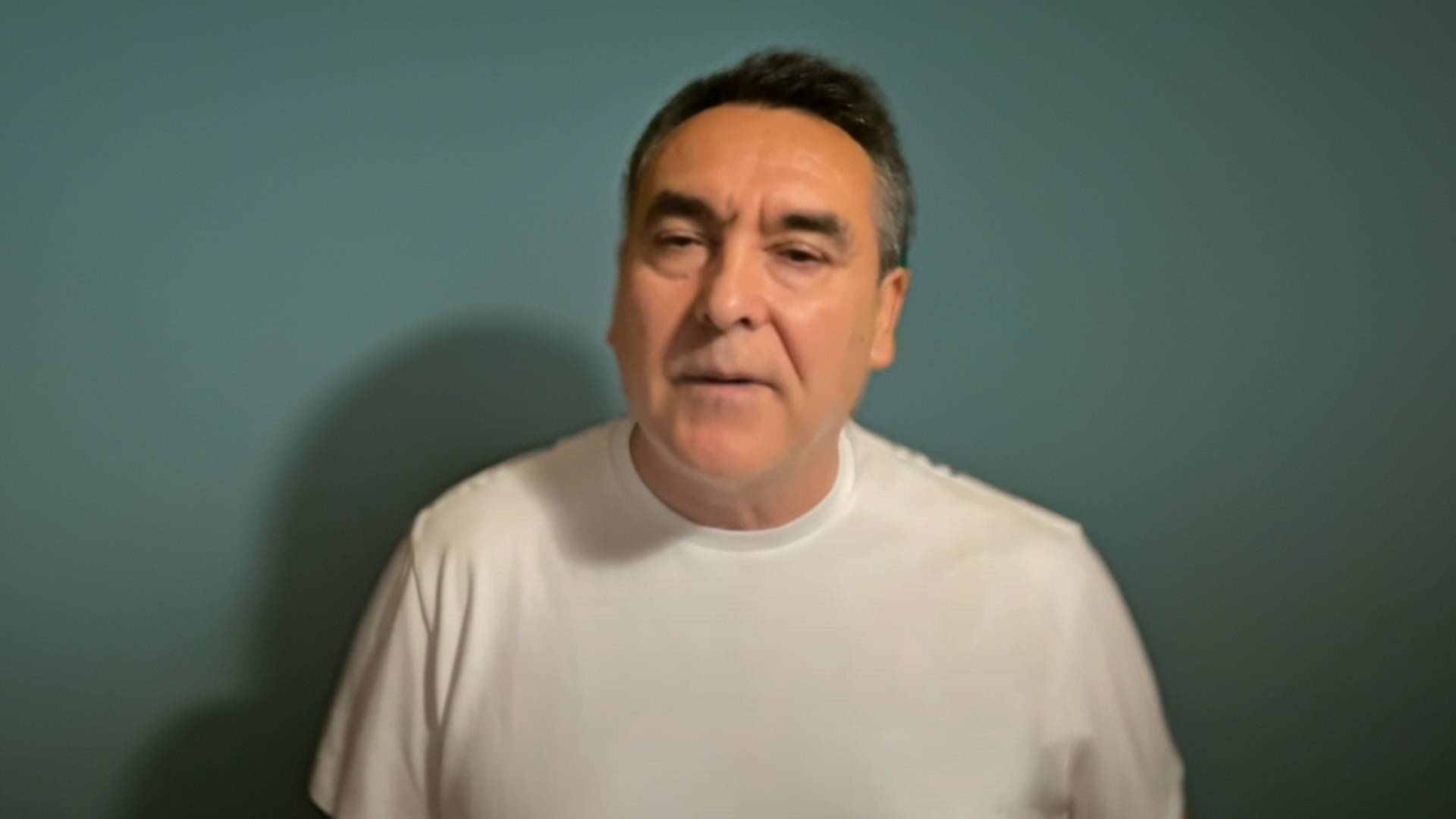In recent months, the Russian Consulate in Ashgabat has recorded a significant increase in queues for visas. According to the consulate, the number of visa applications has increased by 30-40% compared to previous years. Appointments to submit documents are filled instantly, and queues stretch for several months.
Among the reasons for the mass exodus: the economic crisis, low standard of living, restrictions on civil rights and freedoms, demographic changes, as well as issues of medical care, education and much more.
It’s no secret that Turkmenistan is experiencing a protracted economic crisis caused by falling prices for natural gas, which is the country’s main export product. As a result, the unemployment rate is estimated to exceed 50%, and inflation significantly reduces the purchasing power of the population. Salaries in Turkmenistan remain extremely low, forcing people to look for better economic opportunities abroad and provide quality food for their families.
Also, despite rich natural resources, the standard of living for Turkmens remains low. The average monthly salary is about 150 US dollars, which is not enough to ensure a decent standard of living. At the same time, in neighboring Russia, the average salary is about $700, which makes emigration attractive. As of 2024, the average monthly salary in Turkey is about 11,402 Turkish lira (approximately $570 USD). This value varies depending on the region and economic sector. In large cities such as Istanbul and Ankara, salaries can be higher than in rural areas. In France, the average monthly salary is now approximately 2,518 euros (about 2,750 US dollars). In large cities such as Paris, salaries can be significantly higher than in other parts of the country. Industry plays an important role here: for example, salaries in the technology sector or financial services tend to be above average. Therefore, it is not surprising that the Turkmens are trying to do everything in order to leave their native country as quickly as possible and not return back. Indeed, in addition to the “financial hole,” Turkmenistan is known for its harsh authoritarian regime, which restricts civil liberties. The lack of freedom of speech, strict control over the media and limited opportunities for political activity create unfavorable living conditions. The country’s citizens often face arbitrary arrests and repression by authorities. Often, opposition activists even abroad are persecuted and become targets of the Turkmen special services.
Also, the quality of education and medical services in Turkmenistan generally leaves much to be desired. Many families seek to travel to neighboring countries to provide their children with better education and access to quality healthcare. In Russia, for example, Turkmen students can receive scholarships and benefits, which makes education more accessible to them.
Let us add, according to unofficial data, up to 100 thousand Turkmens leave the country annually, which is approximately 2% of the population. The massive outflow of young people and qualified specialists has a negative impact on the country’s economy, causing a labor shortage and a decline in skill levels in various industries. Ultimately, the lack of qualified specialists slows down the development of key industries such as energy and construction. As a result, the country loses its competitive advantages in the world market.
Instead of carrots, sticks
Turkmen authorities are taking measures to prevent the outflow of the population, including tightening migration controls and introducing additional restrictions on exit. However, these measures do not address underlying problems such as low living standards and limited civil liberties. That is, instead of making the country attractive to its citizens, the authorities strictly control and restrict the people in everything, even banning movement between cities.
Of course, there is a way out of the situation, but to improve the situation, Turkmenistan needs to carry out comprehensive reforms aimed at improving the standard of living of the population and expanding civil liberties. This is the only way to stop the mass outflow of population and create favorable conditions for the development of the country.
It is important to understand one thing: the growth of queues for Russian visas in Ashgabat is a clear indicator of the desire of the Turkmen population to immediately leave the country in search of a better life. After all, while the country is ruled by a dictatorial regime, it is difficult to create a better life within Turkmenistan yourself. To overcome these enormous challenges, this country needs deep reforms and improvement in the socio-economic situation.









